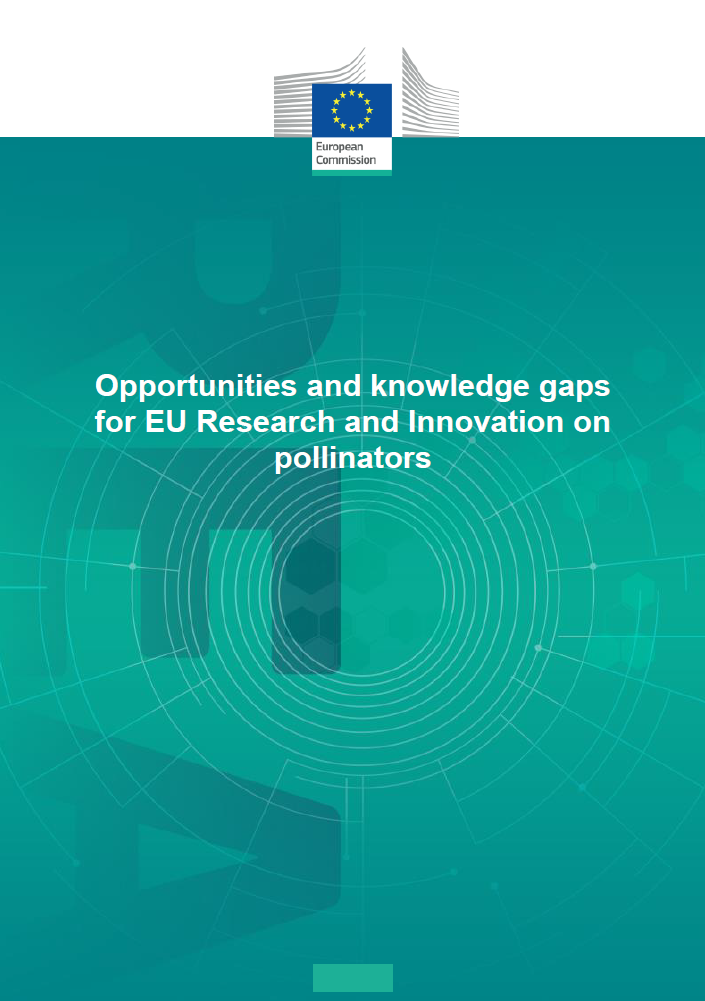Giving Beekeeping Guidance by cOmputatiOnal-assisted Decision making
Recent EU Report identifies opportunities and knowledge gaps for pollinator research and innovation
The European Research Executive Agency (REA), Unit B.3 "Biodiversity, Circular Economy and Environment", has recently released a detailed report highlighting opportunities and knowledge gaps in pollinator research and innovation in the European Union. The report, titled ‘Opportunities and knowledge gaps for EU Research and Innovation on pollinators’, is the outcome of a workshop organised by REA on October 10, 2022, which aimed to promote dialogue, identify research and innovation needs and gaps, and define common messages and recommendations in support of bee and pollinator health, sustainable pollination services, and pollinator monitoring.
The event involved a number of EU-funded projects on pollinators, including B-GOOD, Safeguard, PoshBee, Ecostack, SPRING, Orbit, Sting, Pulse, and SHOWCASE, as well as several EU Commission services - DG AGRI, DG ENV, DG SANTE and REA. Attendees had the opportunity to identify current knowledge, share best practices, and explore available tools to support pollinator conservation and well-being. All participants were divided into parallel groups to discuss and provide insights on four main questions:
- How can we integrate and optimise wild and managed pollinators into a sustainable service for agricultural systems? What can we do and what do we need to know?
- What proportion of wild pollinators, particularly bees, can utilise/survive in European agricultural landscapes?
- New and developing tools for monitoring pollinator health and drivers of bee health? What do we have and what is missing?
- What is not known about pollination services in agricultural and semi-natural/natural ecosystems? How do we find out?
Answers and conclusions given during the discussion have been compiled in the report, offering valuable insights and recommendations for policymakers, researchers, and stakeholders invested in pollinator health and sustainable pollination services.

Cover of the EU report 'Opportunities and knowledge gaps for EU Research and Innovation on pollinators’
The publication, co-authored by B-GOOD’s coordinator Prof. Dirk de Graaf and other project members, presents B-GOOD’s tools, developed for assessment of the health status index of domesticated bees. Some of these tools mentioned in the report are:
- Remote sensing to monitor temperature, weight and sound in the hive;
- Accelerometers for measuring pulsed vibrations;
- Gas sensors for CO2 detection;
- Dynamic landscapes to estimate pollen and nectar availability;
- ApisRAM – a mathematical model of a bee colony, designed for risk assessment for pesticides (Duan et al., 2022);
- Lateral Flow Devices for rapid detection of pesticides (Capela et al., 2022).
Read the full report here.